Medical College of Wisconsin Pediatric Fellow Advancement through Career Development, Training, and Scholarship (FACTS)
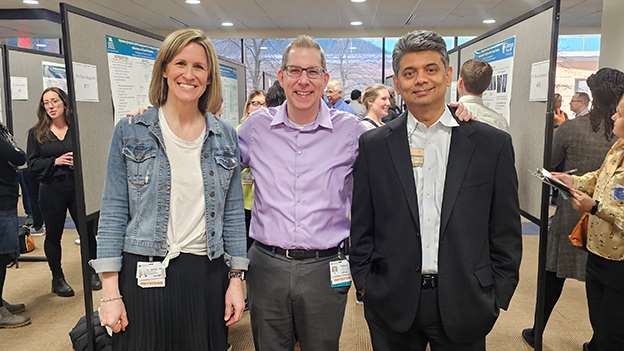
Meet Our Team

Viday Heffner, MD, MHPE
Associate Professor, Pediatric Emergency Medicine; Assistant Director, Pediatric Emergency Medicine Fellowship; Co-Director, Pediatric Fellowship Education; Associate Director, Mission Control
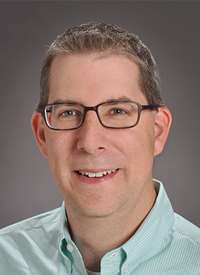
Richard L. Tower, MD
Professor, Pediatric Hematology/Oncology/BMT; Fellowship Director, Pediatric Hematology/Oncology/BMT; Co-Director, Fellowship Education
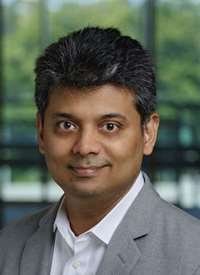
Ramani Ramchandran, PhD
Professor, Pediatrics; Investigator, Children's Research Institute; Developmental Vascular Biology Program; Director, MSSRP & SAMS Programs; Scholarship Director, Joint Fellowship Program
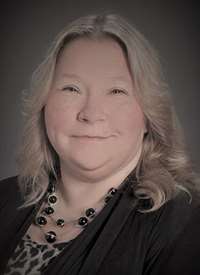
Connie Chase, BS, C-TAGME
Fellowship Coordinator, Child Advocacy and Protection, Pediatric Endocrinology and Neonatal Perinatal, and FACTS
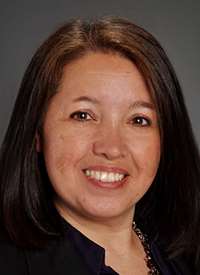
Michelle O'Donnell
Education Program Associate, Pediatrics Clerkship, Grand Rounds, FACTS and Simulation
Our Curriculum
The sessions are offered for a full day each fall and each spring for every year of fellowship. Each day is organized into pertinent topics for the level of training, including scholarship components. Much of the fellow’s time in FACTS is spent in discussions, small groups, panels, and workshops.
Year One
Curriculum and Module Descriptions
Year Two
Year Three
Resources
- BioRender.com
A free resource to create professional scientific figures. - CTSI Manuscript Workshop
This course aims to help participants achieve greater success in writing competitive manuscripts for peer-reviewed journals. - AAMC Scholarly Publishing Webinar Series
This monthly webinar series is hosted by the editorial teams of the AAMC’s two peer-reviewed journals, Academic Medicine and MedEdPORTAL. Sessions will cover the importance of publishing your education scholarship and practical suggestions for how to do so successfully, including how to improve your writing and navigate the peer-review and publication processes.
Contact Us
Connie Chase
Fellowship Coordinator
cchase@mcw.edu
Michelle O'Donnell
Education Program Associate
modonnell@mcw.edu

